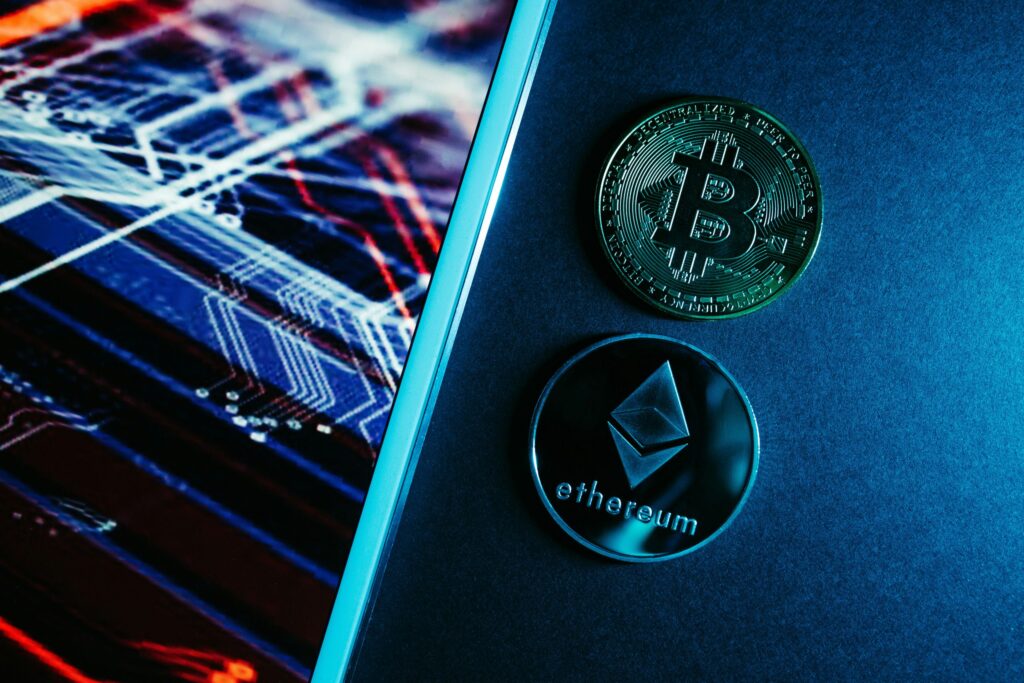The online casino industry has experienced rapid growth in recent years, attracting millions of players worldwide due to its convenience, variety, and engaging experiences. However, this increasing popularity brings heightened attention to security, fairness, and data protection. In 2025, artificial intelligence (AI) and blockchain have emerged as powerful tools that redefine how players and operators perceive trust and safety in the online gambling sector. Together, these technologies establish new standards that far exceed traditional security measures.
Fraud Detection and Player Protection Through AI
One of the main transformations of AI for online casinos lies in enhanced fraud detection. Traditional systems often rely on manual checks or basic algorithms to identify suspicious activities. However, AI systems can analyze vast amounts of data in real time and identify patterns indicative of fraud, such as account hacking, player collusion, or unusual gambling behaviors. This enables platforms to act quickly, sometimes before any damage occurs.
Beyond fraud prevention, AI also helps protect players from dangerous gambling behaviors. Many casinos now utilize machine learning to monitor user behavior and detect early signs of gambling addiction. These systems evaluate indicators such as session duration, deposit frequency, and betting habits to determine if intervention is necessary. Alerts can trigger offers for self-exclusion, pause reminders, or even direct communication with support teams: all tools that promote safer, more responsible play.
The Role of Blockchain in Transparency and Trust
Blockchain technology provides a secure and transparent foundation for online casinos by recording transactions on an immutable ledger. Unlike traditional systems, once data is added, it cannot be altered without consensus from the network. This is crucial for online gambling where players demand evidence of fairness. Thanks to provably fair gaming based on blockchain, users can verify that outcomes are random and not manipulated, thereby strengthening trust in the platform.
Moreover, blockchain not only ensures game fairness but also improves the integrity of financial transactions by recording deposits, withdrawals, and bonus distributions on the chain, creating a transparent and tamper-proof history for players and operators. This reduces the risk of fraud and simplifies dispute resolution, enhancing trust. In response to players’ increasing demand for faster access to their winnings and greater transparency, more platforms are adopting blockchain technology. For instance, new no-wagering online casinos, which allow players to keep their winnings without additional wagering conditions, often use blockchain to enable instant withdrawals and secure bonus processing, meeting the growing expectations of players for speed, fairness, and efficiency.
Personalized User Experience and Security
AI not only enhances casino security but also improves the overall experience by personalizing it further. By analyzing player behavior, it can recommend games, bonuses, and features based on individual preferences, creating a more engaging and customized experience, all while adhering to security standards like SSL encryption.
AI also plays a vital role in streamlining identity verification processes and combating money laundering (AML). Instead of relying on slow, manual checks, AI can quickly verify documents, cross-reference databases, and validate user information. This accelerates the onboarding process, ensures regulatory compliance, and ultimately helps establish player trust.
Decentralized Control of Identities and Data
Another promising application of blockchain is decentralized identity management. Rather than relying on centralized databases vulnerable to hacking, blockchain allows players to control their own identity data and share only what is strictly necessary with the casino. This limits data exposure and provides users with better control over their personal information.
For example, players could use a blockchain-based digital ID to prove their age or residence in a given jurisdiction without disclosing other sensitive information. This solution aligns with evolving expectations and regulations concerning privacy, offering a scalable approach to user verification.
Challenges and Future Prospects
While AI and blockchain bring significant advancements in security and trust to online casinos, they also present limitations. AI systems must be properly trained and monitored to avoid bias and errors. One challenge of AI is that it may generate false positives or overlook subtle user behaviors that could be detectable by human judgment, highlighting the need for a balance between automation and human oversight.
Blockchain, on the other hand, faces its own obstacles, such as limited scalability and slow adoption. Many stakeholders are still unfamiliar with how to use blockchain wallets, and transaction speeds or fees can vary from one network to another. However, as technology evolves and user awareness increases, these challenges are expected to diminish over time.
In an industry where trust is paramount, AI and blockchain are game changers. By combining smart monitoring, predictive analytics, and transparent record-keeping, these technologies create safer, fairer, and more player-centric online casinos. As adoption progresses, the systems of security and trust in the online gambling world will continue to redefine their implementation methods. For both players and operators, this marks a promising step toward a safer and more transparent future.







